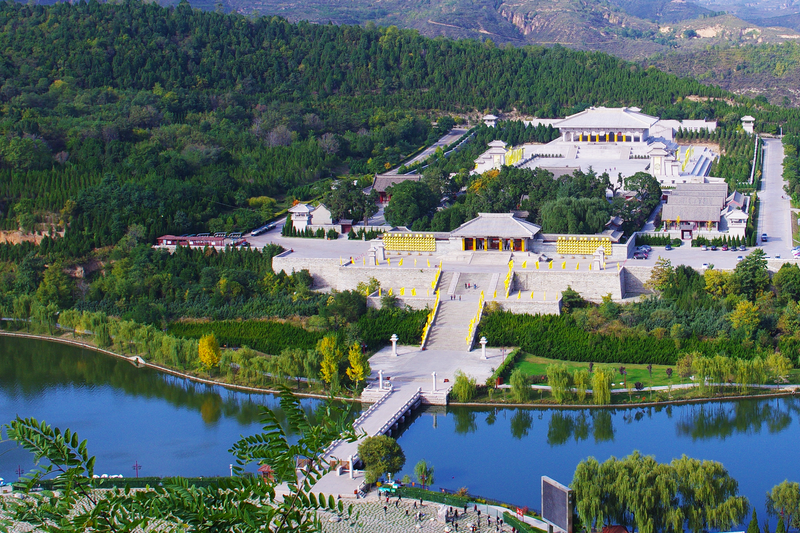
May 23, 2014, by Tony Hong
Society and Faith in Contemporary China
By Mani Lazzara,
PhD Candidate School of Contemporary Chinese Studies, University of Nottingham UK.
The history of modern China is characterised by events which have greatly affected its attitude towards religion in a various number of ways; from the control exerted by the Communist Party in order to incorporate religion into the state, to the attempt to suppress all forms of religious beliefs by chairman Mao during the cultural revolution, and finally the relative freedom of religious practice granted by Deng Xiaoping which came with the economic reforms.
Currently, five religions are recognised by the Chinese state, namely Buddhism, Taoism, Islam, Catholicism and Protestantism. But the state retains the right to control a wide array of aspects, from the number of cult places to be built in a given area, to the appointment of religious ministers, and much more.
A degree of state control over religion has always existed in China since the Tang period. Even under the Qing dynasty, although religious figures enjoyed a good degree of autonomy, the emperor was still considered the ultimate religious authority and had the last say in matters concerning religion; practical forms of control were manifested, for instance, in the granting of ministry-licences to Taoists by secular authorities. However, the advent of missionaries such as Catholics and Protestants, protected by western powers, represented a thorn in the side of the emperor’s rule.
During its inception, the Communist party spent seventeen years trying to regulate and control all five official religions through the creation of organs which would each be responsible for one of them. These were the Protestant Three -Self Patriotic Movement (TSPM), the China Buddhist Association, the China Islamic Association, the China Taoist Association, and finally the China Catholic Laity Patriotic committee, all founded between 1954 and 1957. All movements ceased to exist when, under the Cultural Revolution, all religious systems were declared illegal. Under Deng, however, temples were rebuilt across the countries, the five state religious associations were reinstated and certain groups, such as the Protestants, actually grew stronger.
According to Prof. Yang Fenggang, a certain degree of state control over religion is inevitable in most countries, to the point that even the American and European governments have put into effect measures to administer various aspects of religion. Yang proposes a scale of control which comprehends four different degrees: complete eradication, monopoly, oligopoly and free market. While China uses an oligopoly approach, it is important to highlight that the approved religions do not necessarily enjoy complete autonomy. The so called “Document 19” has been used as a reference for religious policy since 1982, and it gives formal recognition to only five religions under the “Patriotic Associations” directly controlled by the state, but it does prohibit proselytising outside of the approved religious premises.
Voices within the party have recognised the beneficial role of religion towards society, but it should be remembered that the party is officially founded upon an ideology which considers religion a superstition which holds back the progress of a people. The reason why religious groups have been revived and have succeeded to exist is that the CCP has modified its approach to communist ideology since the introduction of the political reforms by Deng Xiaoping. This means that, while on paper atheism is the only acceptable path, in practice religions have been accepted as an integral part of Chinese society.
Nonetheless, special challenges are still faced by some religious groups, such as Catholics who, unlike Protestants, are used to a hierarchical system and who believe the legitimacy of their rites and ministers is dependent upon the Pope’s approval. They will either have to adopt a more protestant-like approach or risk to come across political obstacles. Muslims, their distinctive identity and connections with the international Muslim community also represent a political problem, especially as China will have to maintain good relationships with its Muslim trading partners.
No comments yet, fill out a comment to be the first

Leave a Reply